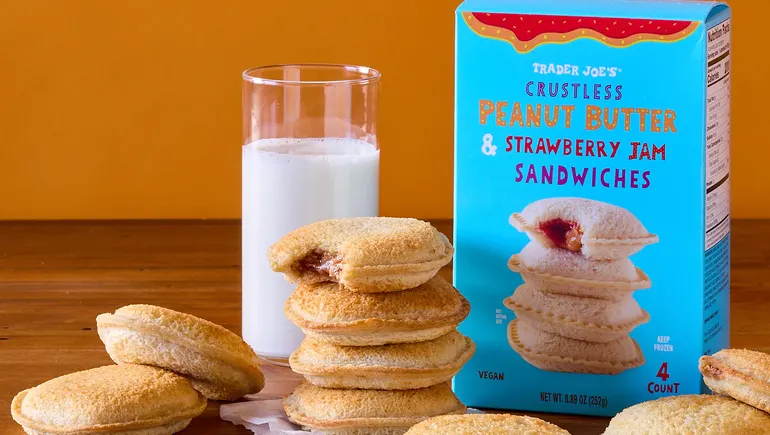J.M. Smucker, the food giant known for its popular Uncrustables frozen sandwiches, is taking legal action against Trader Joe’s for alleged trademark infringement. In a lawsuit filed by Smucker, the company accuses Trader Joe’s of producing a copycat version of its crustless PB&J sandwiches, stating that the grocery chain is engaging in unfair competition and using deceptive trade practices to benefit from Smucker’s investment in Uncrustables.
The lawsuit highlights the ongoing battle between major food manufacturers and private-label products as consumer interest in these offerings continues to grow. Smucker’s legal action follows a similar case where Mondelēz International sued Aldi for replicating the packaging of several popular snack brands.
Private label products have gained momentum in recent years, with consumers turning to these options for quality, taste, and value as inflation rates rise. According to Circana, private label sales reached a record $271 billion in 2024, indicating a shift towards store brands over national brands.
For Smucker, Uncrustables has been a standout brand, with sales reaching $920 million in the company’s 2025 fiscal year. The success of Uncrustables can be attributed to changing consumer buying habits and the snack’s convenience, making it a popular choice among consumers.
In its lawsuit against Trader Joe’s, Smucker alleges that consumers are misled into believing that Trader Joe’s product is affiliated with or sponsored by Smucker. The company points out similarities in packaging design, with Trader Joe’s using a blue color scheme and a round, crimped sandwich design that closely resembles Uncrustables.
A spokesperson for Smucker emphasized the company’s commitment to protecting its brands and preventing consumer confusion caused by imitation. While Smucker does not oppose competition in the prepackaged sandwich market, it aims to safeguard the unique trademarked design associated with the Uncrustables brand.
Trader Joe’s has not responded to requests for comment on the lawsuit. As the legal battle unfolds, it sheds light on the challenges faced by food manufacturers in protecting their brands from copycat products and maintaining their market share in an increasingly competitive landscape.


